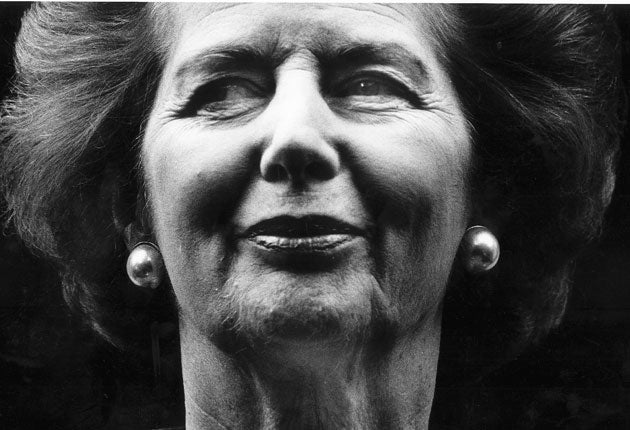The secret to staying alert? Good genes

People who are able to sleep for just a few hours each night without nodding off at their desks the following day owe their apparently superhuman ability to stay awake to variations in their genes, a study has suggested.
Winston Churchill, Margaret Thatcher and Bill Clinton were all famous for managing on just five or six hours' sleep a night, rather than the customary eight. Napoleon Bonaparte, Michelangelo and Florence Nightingale apparently got by on four hours, as does Madonna and the American chat-show host Jay Leno.
Sleep researchers have known that different people have different sleep patterns, with some individuals – known as "owls" – being more active and alert in the evenings, while others – known as "larks" – are early risers.
It is also known that as people get older they tend to develop more disturbed sleep patterns. Studies suggest that older people need as much sleep as younger people, but sleep in bouts rather than as a single, long snooze.
Trying to understand why people vary in the amount of sleep they need led to a study of 37 healthy adults who carry a variant in their DNA that has already been linked with sleep disturbances. The study compared them against 92 equally healthy people who did not carry the genetic variant, known as DQB1*0602. All took part in tests in a sleep laboratory at the University of Pennsylvania School of Medicine in Philadelphia. For the first two nights they spent 10 hours in bed and were fully rested. For the next five nights they were subjected to chronic partial sleep deprivation where they were only allowed to sleep for four hours a night. The rest of the time they were kept awake with the lights on.
People with the genetic variant were sleepier and more tired and they also found it more difficult to stay asleep
compared to the participants who did not carry the variant. They also spent less time in the deepest phase of sleep, the scientists found.
"This gene may be a biomarker for predicting how people will respond to sleep deprivation, which has significant health consequences and affects millions of people around the world," said Nami Goel of Pennsylvania University.
Light sleepers
Jay Leno Perhaps it's no surprise that a late-night talk show would have trouble sleeping. The insomniac has often talked about surviving on just four hours a night.
Winston Churchill Although he slept for six hours a night, the former prime minister advocated a complete nap during the day.
Madonna The Queen of Pop revealed that thinking about everything she has to do often means sleep eludes her.
Join our commenting forum
Join thought-provoking conversations, follow other Independent readers and see their replies
Comments
Bookmark popover
Removed from bookmarks